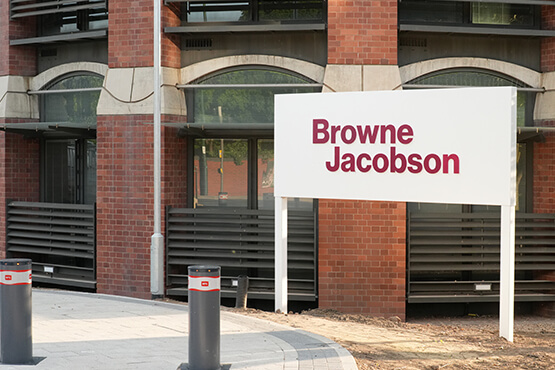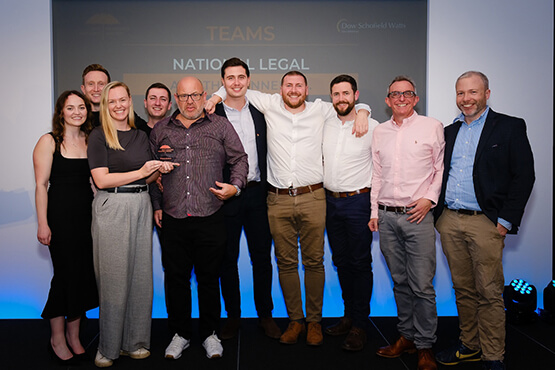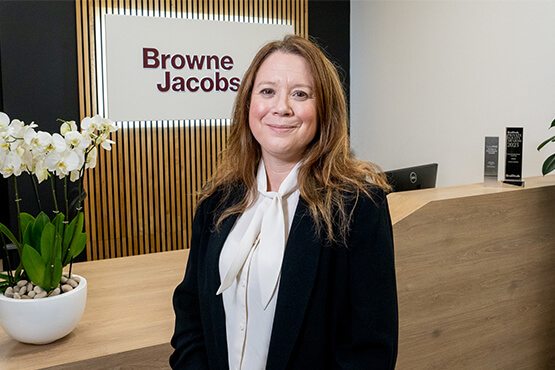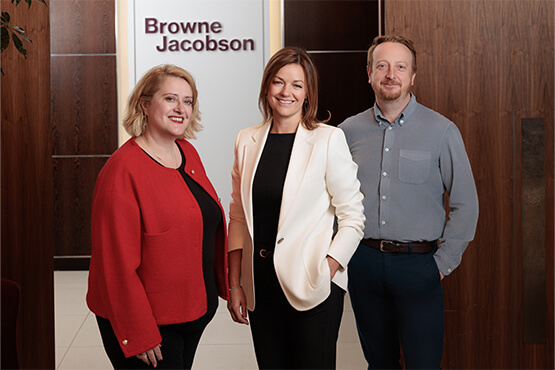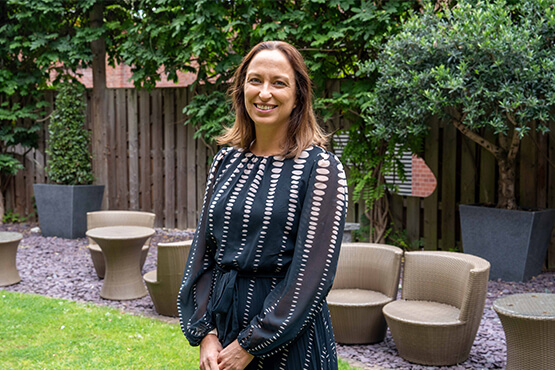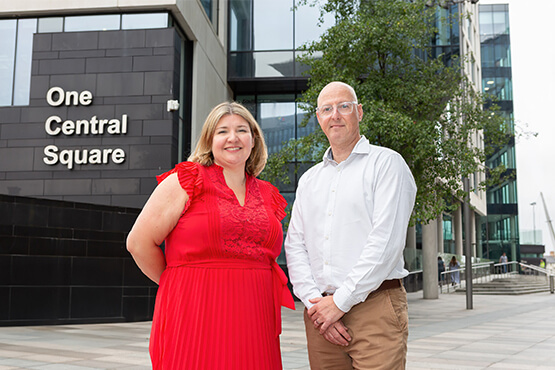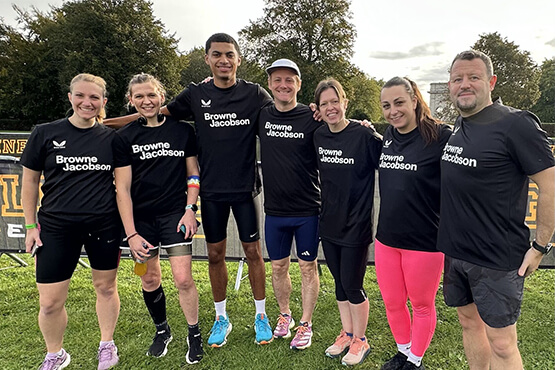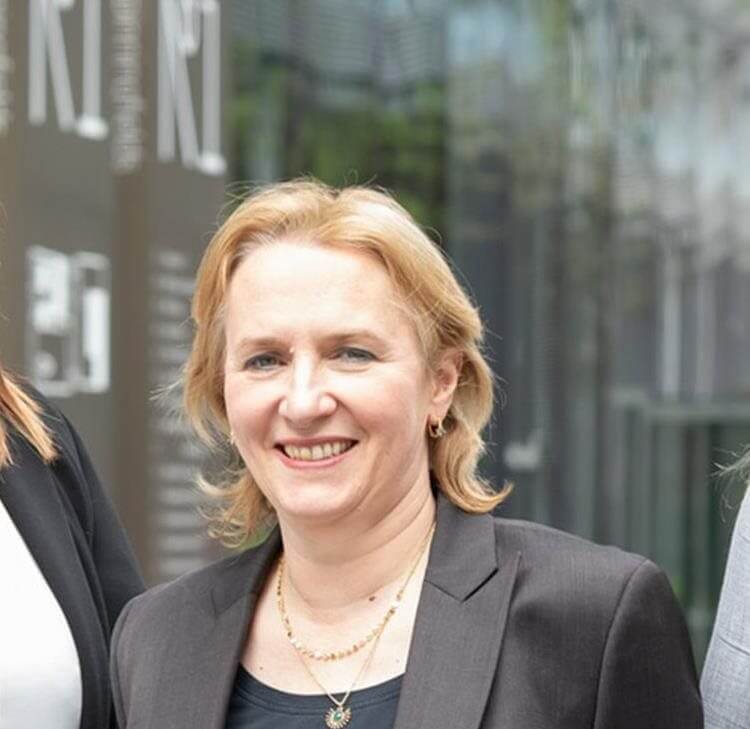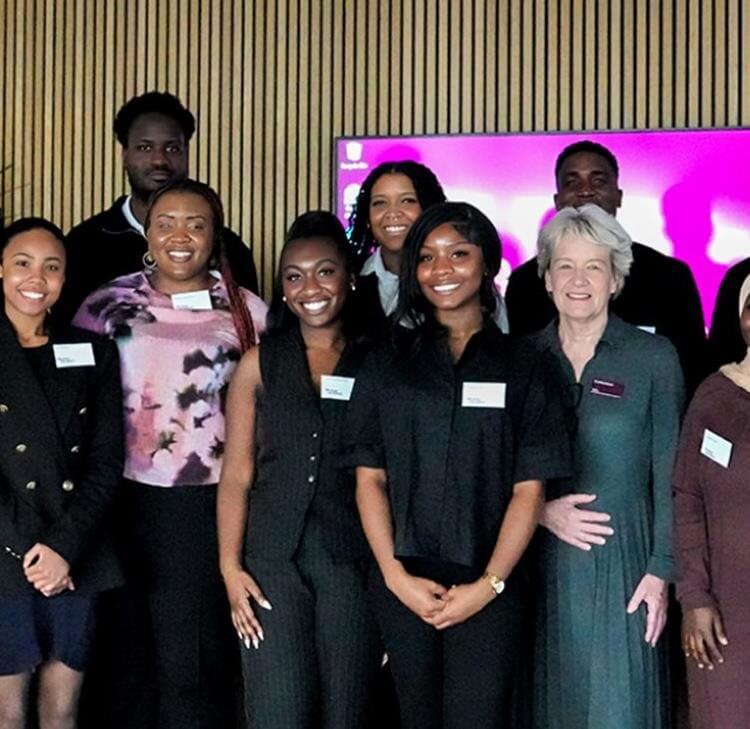Witnesses and their statements can make or break a case. I am finding that O Shaped principles can, through strong witness evidence, assist the Court to get a better understanding of a case – reflecting the atmosphere, the culture, what was said and how people felt. As a legal assistant, I have the opportunity to work with witnesses in a variety of contexts, including medical professionals, teachers and support workers. I feel this work is enhanced when I embody the O Shaped skills of emotional intelligence, communication and collaboration.
Emotional intelligence – understanding the perspectives and agendas of other people
Legal proceedings can have a profound and long-lasting impact on witnesses, leaving them feeling anxious and stressed. O Shaped’s focus on empathy helps create a trusting relationship with witnesses. By listening to their stories and being non-judgmental, witnesses in return help draft a robust witness statement and confidently defend their statement at trial. Not only can this lead to better results for our clients, but it also fulfils the O Shaped goal of practicing law in a more human-centric and emotionally intelligent way.
An O Shaped mindset that I personally am developing is to be open-minded. I have caught myself contacting a witness with pre-conceived assumptions of what their priorities are, namely to defend their organisation’s decisions or actions and perhaps their role in the events. I have found witnesses also care deeply for the people they work with, such as patients and students. Empathy is not only demonstrated through understanding people’s views and feelings, but also their focus and priorities, and being open-minded as to what they may be is a good way to achieve this. I have experienced this recently when taking the statement of a care worker who had been in a situation of extreme stress. My instinct was to be concerned with her personal needs. By taking the time to listen to her story and ask open questions, I was able to get the full picture, which included her priority being the residents she cared for.
Supporting – considering the views of others
We come across witnesses who refuse to provide statements for a plethora of reasons. In employers’ liability cases, witnesses can feel personally targeted by legal proceedings and be reluctant to get involved. We can support them by explaining what the proceedings are (i.e. the claim is against their employer and not them as an individual), and how they can help us through providing their side of the story.
In this scenario, the O Shaped attributes of being optimistic and original are crucial. It is important not to get defeated after an initial refusal to provide a statement, and to think of new strategies and try again. For instance, a reluctant witness may not be inspired to help their employer but may be persuaded to give a statement to perform a public service of assisting the Court to discover the truth.
We can be creative by utilising different resources within the firm. I once spoke to a particularly vulnerable witness who had questions regarding the hearing. I offered to connect them with someone with advocacy experience who could offer a more complete picture. This helped ease their anxiety and made them more comfortable in assisting us.
Communication – deliver the right message to a given audience
When working with witnesses, it is important to explain the proceedings without using legal jargon. An informed witness is a confident witness, therefore taking the time to lay out what will happen and when it will happen helps to empower witnesses.
Good communication should be exercised throughout the totality of the proceedings. If you promise a witness to call them the day before the trial, following through is crucial. It demonstrates that you care about their wellbeing and reassures them that support will be given during the trial.
Collaborate – working effectively with people in the short and long term
Cases have been lost when witnesses stumble under the pressure of cross-examination. It is simply not enough to extract the necessary information from a witness during a phone call: we must work with them in the long term to empower them and build their confidence. This is a collaborative effort between witnesses, solicitors and barristers.
Collaborating with witnesses gives them the opportunity to tell their story – they can be listened to and heard when it comes to what can be a difficult experience. By becoming an ally, we help make a positive contribution in someone’s life, as well as obtain a favorable outcome for our clients.
Working with witnesses is one of the things I enjoy the most in my current role. It allows me to connect with people from all walks of life and listen to their stories. It is also a great way to move a case forward by forming a more complete picture of the events that are at the heart of a case. The O Shaped attributes and mindsets are a great inspiration for performing my role in a more efficient and human way and become a better lawyer.







